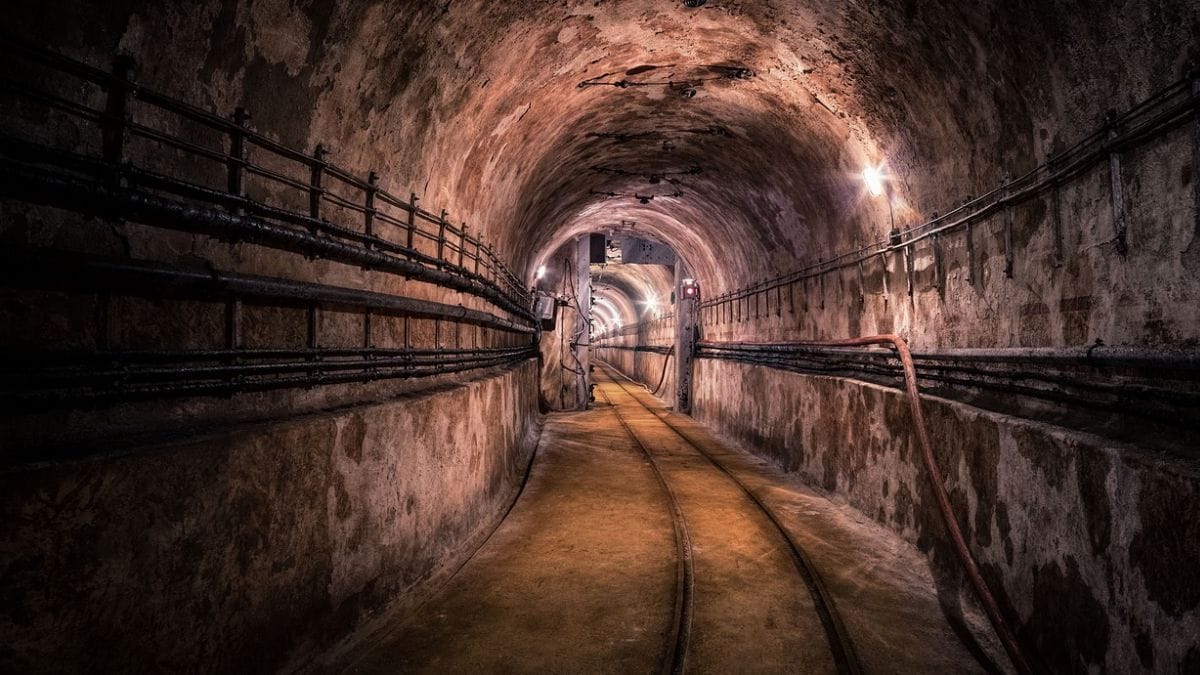Currently, only around 580 of Germany’s 2,000 Cold War-era bunkers and protective spaces remain operational, with most requiring multimillion-euro upgrades. These facilities could accommodate approximately 480,000 people—just 0.5 per cent of the German populationread more
Germany is planning to swiftly expand its network of bomb-proof bunkers and shelters, according to the government’s most senior civil protection officer, who warns that the country must be prepared for a Russian attack within the next four years.
Ralph Tiesler, head of the Federal Office of Civil Protection and Disaster Assistance (BBK), said that Europe’s largest economy must face the reality of potential conflict, and that Germany is currently unprepared.
“For a long time, there was a widespread belief in Germany that war was not a scenario for which we needed to prepare,” he told Süddeutsche Zeitung. “That has changed. We are concerned about the risk of a major war of aggression in Europe.”
STORY CONTINUES BELOW THIS AD
Tiesler called for a nationwide effort to identify and convert tunnels, underground stations, car parks, and cellars of public buildings into protective shelters in order to “quickly create space for 1 million people”. He said his agency would submit a complete plan later this summer.
He added that Germany was in a race against time and that building new bunker facilities alone would not suffice. Such construction would be both time-consuming and costly. Therefore, existing structures must be assessed and adapted without delay.
Russia’s escalating invasion of Ukraine has triggered concern in neighbouring countries, particularly the Baltic states, as well as in Poland and Germany, that Moscow could open new fronts across Europe.
Currently, only around 580 of Germany’s 2,000 Cold War-era bunkers and protective spaces remain operational, with most requiring multimillion-euro upgrades. These facilities could accommodate approximately 480,000 people—just 0.5 per cent of the German population.
In contrast, the BBK noted that Finland possesses 50,000 protection rooms, enough to shelter 4.8 million people, or 85 per cent of its population.
Tiesler also stressed the need to improve public information systems—including mobile apps and road signs—to clearly direct people to nearby shelters. He called for upgrades to Germany’s warning sirens and better cybersecurity for existing alert apps.
He urged Chancellor Friedrich Merz’s government to ensure adequate funding for the BBK’s proposals. Although the plans have been deemed necessary, funds have yet to be legally allocated.
It is expected that resources from the billions released following the parliament’s suspension of Germany’s debt ceiling in March will be directed towards major investments in the military, critical infrastructure such as roads and bridges, and civil defence.
STORY CONTINUES BELOW THIS AD
